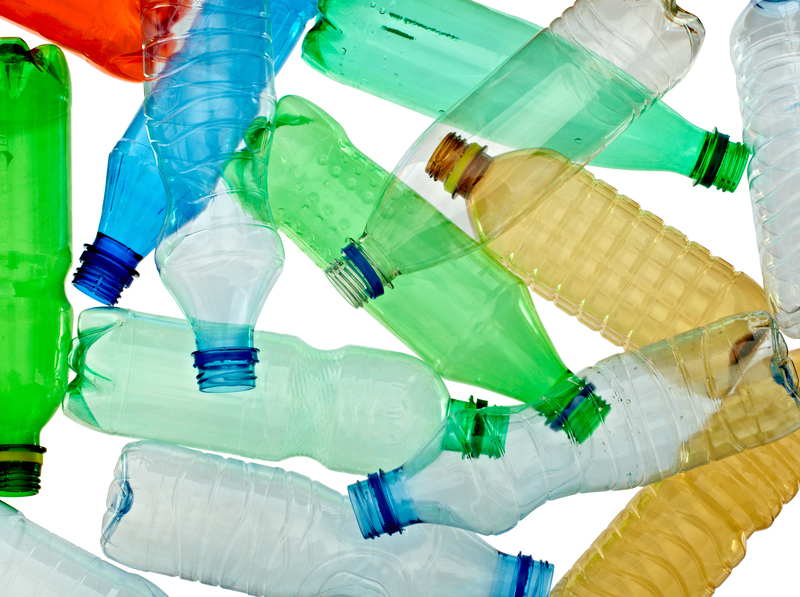Government receives positive feedback for prioritizing e-waste recycling
Posted on 02/02/2025
The amount of electronic waste, or e-waste, is rapidly increasing on a global scale and posing a significant threat to our environment. In response to this growing concern, many governments around the world have taken steps to prioritize e-waste recycling. This move has been met with positive feedback from both the public and environmental groups.
E-waste
E-waste refers to any electronic device that is no longer working or needed and is discarded by its owner. It includes anything from old cell phones and laptops to larger appliances such as refrigerators and washing machines. However, unlike other types of waste, e-waste contains harmful materials like lead, mercury, and cadmium that can pollute water, soil, and air if not disposed of properly.

Management Strategies
In recent years, governments have turned their attention to implementing effective e-waste management strategies. According to a report by the United Nations University, in 2019 alone, the world generated a staggering 53.6 million metric tons of e-waste. As the use of technology continues to grow, this number is only expected to increase.
To combat this problem, many countries have developed laws and regulations mandating the proper disposal and recycling of e-waste. For instance, the European Union's Waste Electrical and Electronic Equipment Directive requires its member states to collect at least 65% of their average weight of electronics sold annually for recycling by 2021.

RCRA
Similarly, in the United States, the Resource Conservation and Recovery Act (RCRA) has established guidelines for handling hazardous waste like e-waste. It also encourages manufacturers to design products that are easier to recycle.
These efforts by governments have received positive feedback from various stakeholders. Environmental groups applaud these measures as they not only reduce the amount of hazardous waste in landfills but also promote resource conservation. Proper recycling of e-waste also helps recover valuable materials like gold and copper that can be reused in manufacturing new products.
Moreover, governments are partnering with private companies and organizations to establish e-waste collection centers, making it easier for the public to dispose of their electronic devices. This has not only created job opportunities but also raised awareness about the importance of properly managing e-waste.
Challenges
However, despite these positive impacts, there are still some challenges that governments face in implementing e-waste recycling initiatives. For one, not all countries have strict regulations or guidelines for disposal and recycling of e-waste, leading to illegal dumping in developing countries.
Furthermore, proper e-waste recycling can be costly and complicated due to the sheer amount and variety of electronic devices. This creates a barrier for smaller companies and developing countries that may not have the resources to invest in proper recycling infrastructure.
Nevertheless, there are ways individuals can contribute to this cause and help reduce e-waste. The first step is to take responsibility for our own electronic devices by disposing of them properly. This includes finding authorized recycling centers or donating them to organizations that refurbish and redistribute electronics.
Another way to support e-waste recycling is by choosing products from manufacturers that prioritize sustainability and offer take-back programs for their old products. This encourages companies to design products that are easier to recycle and reduces the amount of hazardous materials used in their production.
In conclusion, it is commendable that governments are taking steps towards prioritizing e-waste recycling. It not only helps protect our environment but also creates more sustainable practices and job opportunities. However, there is still room for improvement, and individuals also play a crucial role in reducing e-waste through responsible disposal and supporting sustainable businesses. Let's continue to work together towards a greener future for generations to come.
Latest Posts
DIY Paper Recycling at Home in 6 Steps
Advance Your Recycling Approach
Plant-Based Plastics: Future Innovations






